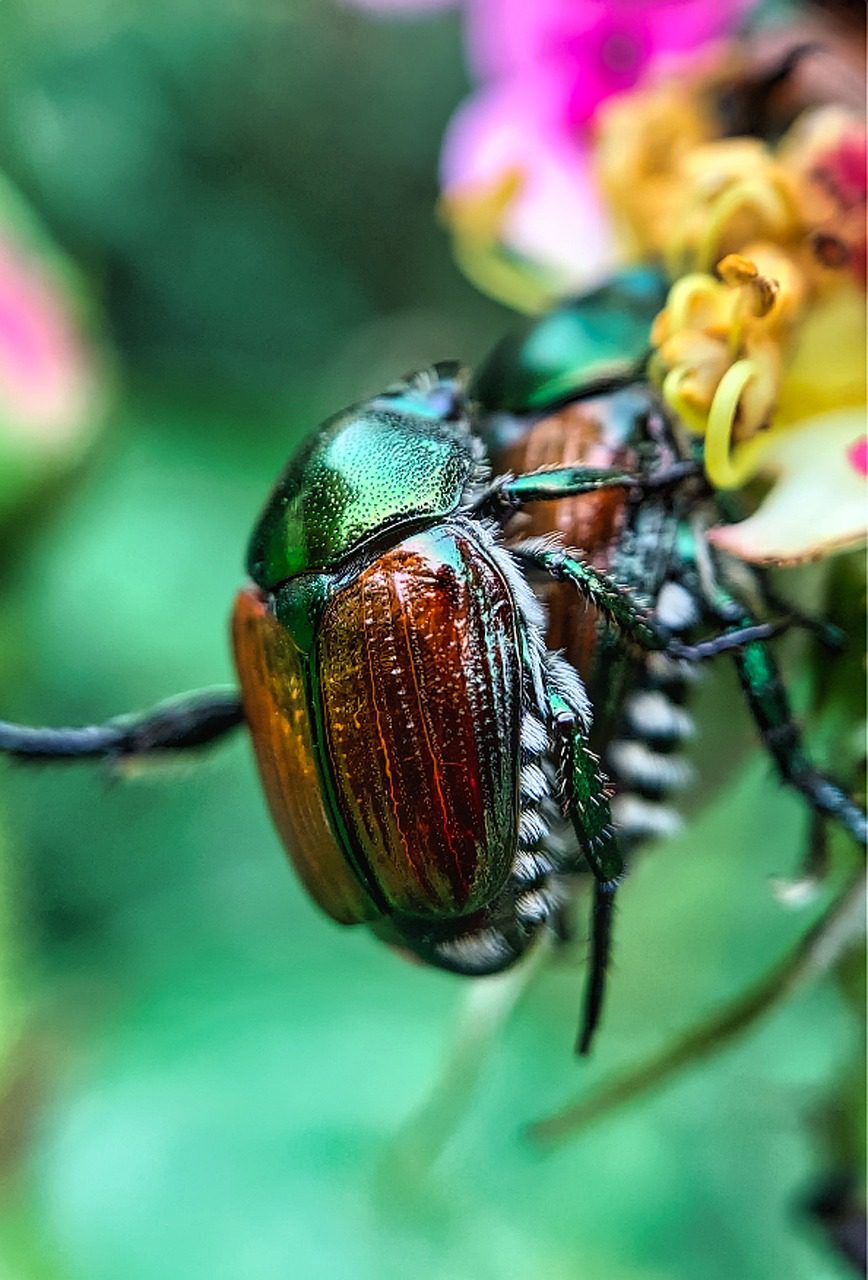Welcome to Massachusetts, where the beauty of summer gardens can sometimes be overshadowed by the presence of Japanese beetles. These voracious pests can wreak havoc on plants, defoliating foliage and causing significant damage to gardens and landscapes. In this guide, we’ll explore effective strategies for protecting your Massachusetts garden from Japanese beetle damage.
Understanding the Japanese Beetle Threat in Massachusetts
Japanese beetles (Popillia japonica) are an invasive species of beetle that can cause extensive damage to a wide variety of plants, including roses, grapes, fruit trees, and ornamental shrubs. Originally from Japan, these beetles were accidentally introduced to the United States in the early 20th century and have since become a widespread pest in many parts of the country, including Massachusetts.
Identifying Japanese Beetle Damage
Recognizing the signs of Japanese beetle damage early can help prevent further harm to your garden:
Skeletonized Leaves
Japanese beetles feed on the soft tissue between leaf veins, leaving behind skeletonized leaves with only the veins intact.
Wilting Plants
Severe infestations can cause plants to wilt and die as they lose their ability to photosynthesize effectively.
Visible Beetles
Adult Japanese beetles are metallic green with coppery-brown wing covers and are easily recognizable when present in large numbers on plants.
Effective Strategies for Protecting Your Garden

Cultural Control Methods
Handpicking
Handpick adult Japanese beetles from plants early in the morning when they are less active. Drop them into a bucket of soapy water to dispose of them.
Neem Oil
Apply neem oil to plants as a natural deterrent against Japanese beetles. Neem oil disrupts the feeding and mating behaviors of beetles.
Biological Control Methods
Milky Spore Disease
Milky spore disease is a naturally occurring soil bacterium that infects and kills Japanese beetle larvae. Apply milky spore powder to your lawn and garden to help control larval populations over time.
Beneficial Insects
Encourage the presence of beneficial insects such as parasitic wasps, ground beetles, and predatory insects that feed on Japanese beetle larvae and adults.
Chemical Control Methods
Insecticidal Soap
Use insecticidal soap sprays to kill adult Japanese beetles on contact. Be sure to follow the instructions on the product label carefully.
Pyrethroid Insecticides
Apply pyrethroid insecticides to plants as a last resort for severe infestations. These chemicals can be effective but should be used sparingly and according to label instructions.
Plant Selection
Resistant Plants
Choose plants that are less attractive to Japanese beetles, such as juniper, boxwood, and arborvitae. Avoid planting highly susceptible species like roses and grapes in areas prone to Japanese beetle infestations.
Conclusion
By implementing these strategies for protecting your Massachusetts garden from Japanese beetle damage, you can enjoy a beautiful and thriving landscape throughout the summer months. With diligence and proactive measures, you can minimize the impact of Japanese beetles and preserve the health and vitality of your garden for years to come.

